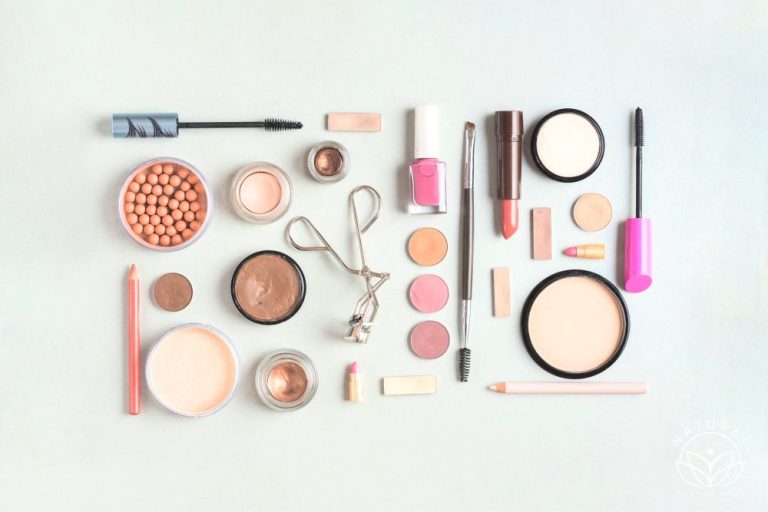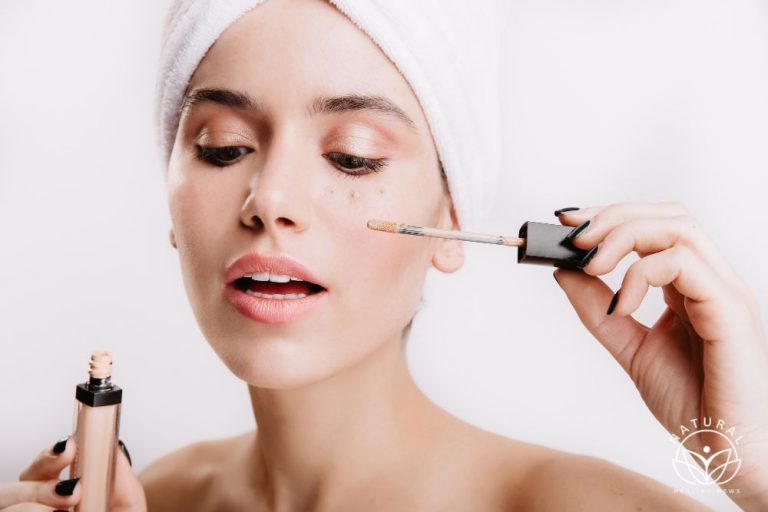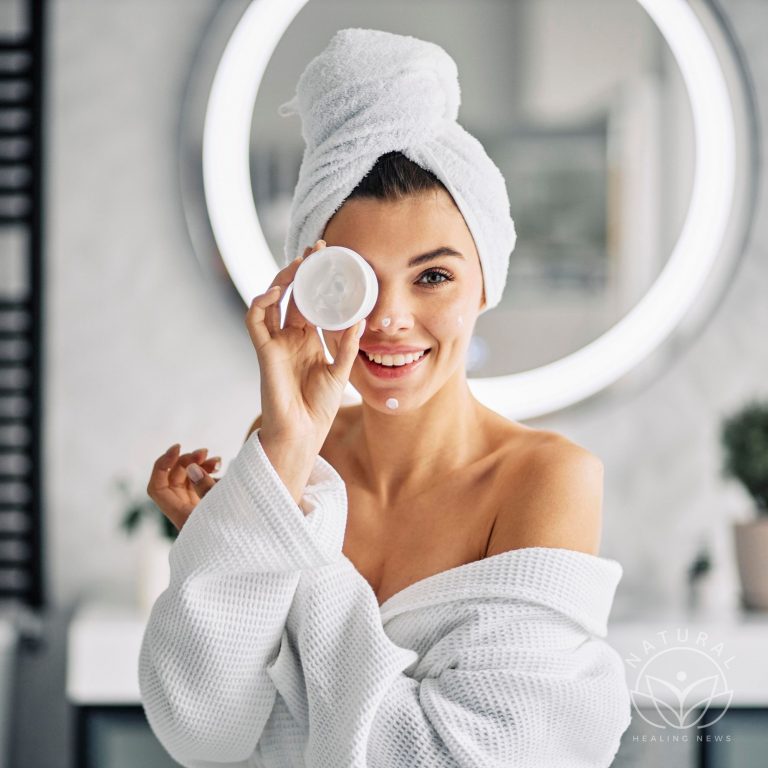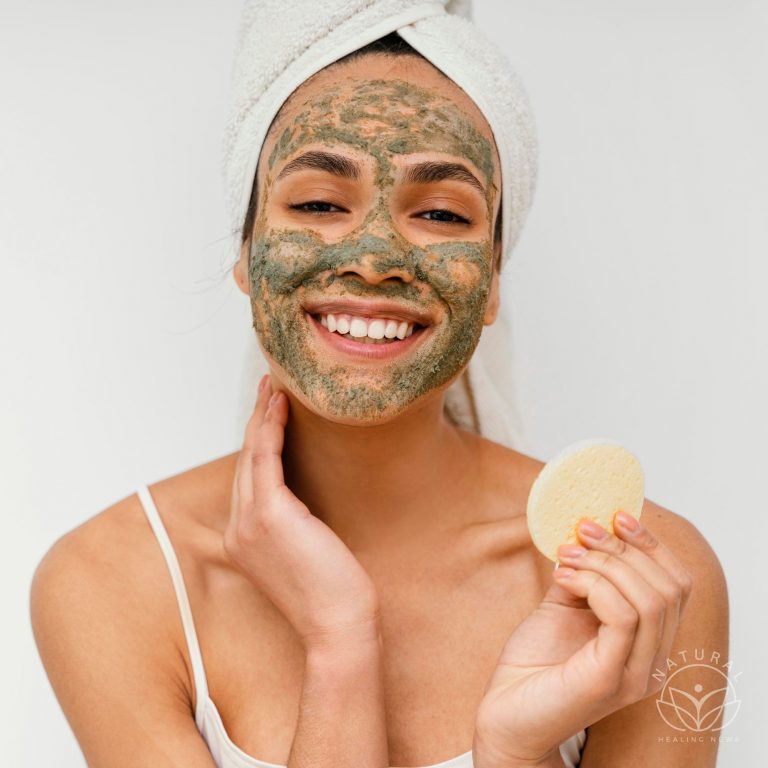Natural Remedies for Acne

One of the most prevalent skin problems worldwide, acne is thought to impact 85% of young adults. Several traditional medical practitioners may use natural herbal extracts, which are among of the most common Natural Remedies for Acne.
The most effective acne treatments currently available, such as salicylic acid, niacinamide, or benzoyl peroxide, can be pricey and have unfavorable side effects like dryness, redness, and irritation. This has led a lot of people to explore home remedies for acne. In fact, a 2017 study indicated that 77% of acne sufferers have used non-prescription acne medications.
Because science didn’t confirm many home remedies, there is a need of more research to determine their effectiveness. Yet, if you’re looking for alternative therapies, your options remain. This article looks at best natural remedies for acne that you can apply at home.
What is Acne?
When your skin follicles are clogged with oil and dead skin cells, acne develops as a skin disorder. Acne is a very common condition, and the majority of individuals have had it at some point in their lives, particularly when they were teenagers and their sebaceous glands were producing more oil.
Adult acne, on the other hand, has no age restrictions and is common in persons in their 40s and 50s.
Natural Remedies for Acne
The best natural remedies for Acne acne, the results of the research, and lifestyle modifications that can be helpful are all included below.
Before using a topical treatment directly on the skin, if someone is interested in trying it, they should consult a dermatologist or perform a patch test, which involves applying a small amount of the topical treatment to the wrist or hand and observing the skin for reactions.
Tea Tree Oil
Because of its inherent antibacterial and anti-inflammatory properties, tea tree oil may be able to destroy acnes, the bacteria that causes acne. Since tea tree oil has anti-inflammatory effects, it can also aid in reducing the inflammation and redness of pimples.
Due to the antibacterial properties of tea trees, researchers discovered that products containing tea tree oil can lessen the prevalence of acne lesions in people.
Aloe Vera
Because of its inherent antibacterial and anti-inflammatory properties, aloe vera reduce the look of acne and stop breakouts.
Aloe vera is a fantastic skin moisturiser and protector since it includes sugar molecules, amino acids, and zinc. Those who experience dry skin after using other anti-acne solutions should especially consider it.
Coconut Oil
Coconut oil includes anti-inflammatory and antibacterial substances, just like some of the other natural therapies mentioned.
These characteristics suggest that coconut oil may aid in the eradication of acne-causing bacteria and lessen the inflammation and redness of pimples. Coconut oil has soothing and hydrating properties that may hasten the healing of open acne lesions.
Jojoba Oil
A natural, waxy material called jojoba oil is made from the seeds of the jojoba shrub. Jojoba oil has waxy components that may help mend damaged skin and hasten the healing of wounds, including acne lesions.
Several of the ingredients in jojoba oil is used to reduce the swelling and redness of whiteheads, pimples, and other irritated sores.
Green Tea
High levels of catechins, a class of polyphenol antioxidants, are present in green tea. Some acne sufferers have too much sebum (natural body oils) and not enough antioxidants in their pores. Chemicals and waste materials that can harm healthy cells are broken down by the body with the aid of antioxidants.
Moreover, green tea includes substances that could aid in lowering the oil production from the skin, acnes and reduces inflammation.
Conclusion
There are many different natural remedies available for treating acne. However, not every treatment will be effective in every patient or situation.
All of these recipes for homemade face masks use basic materials that you can find in your refrigerator and pantry. They can refresh your skin and help clear acne. To treat acne-prone skin, try one or more of these treatments and observe how your skin reacts.
For more health related blogs and news, Read at Natural Healing Health News.






